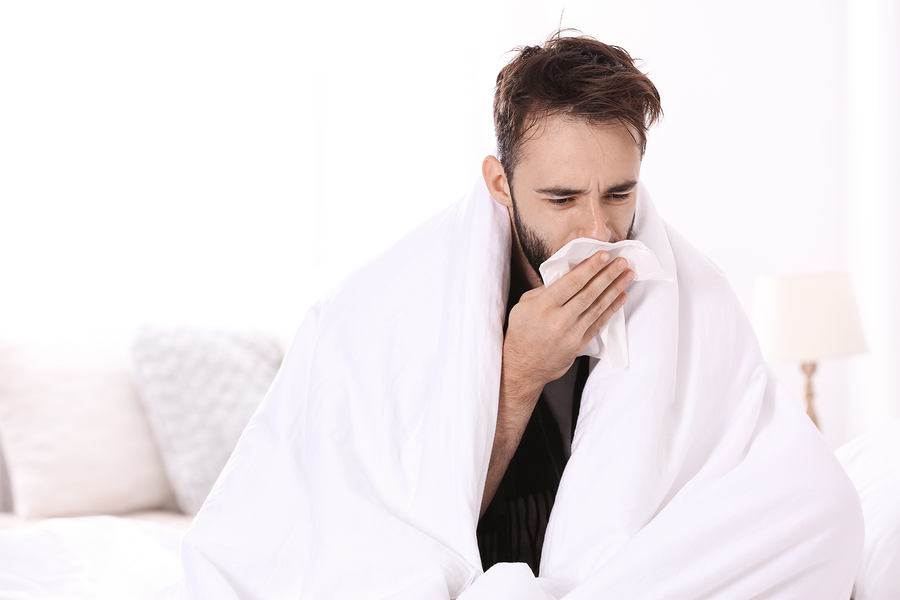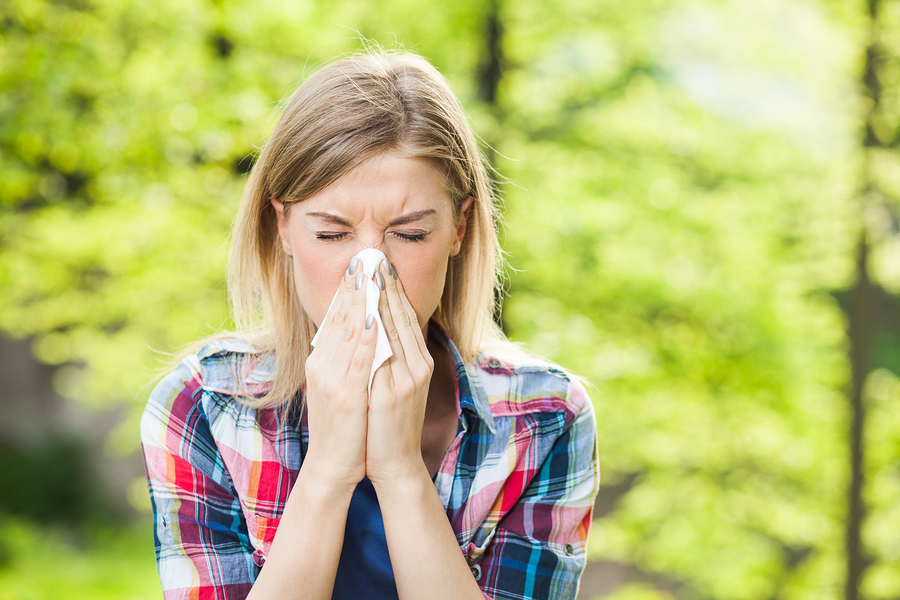Ask The Allergist
Our "Ask The Allergist" section features articles that are reviewed by an allergy doctor, offering you the opportunity to learn about allergies and asthma.
Whether you're seeking guidance from an allergist in Richmond, VA, curious about allergy testing procedures, or looking to understand the latest in allergy care, our blog page will help you learn more about current issues and answer common questions.
What Causes a Food Allergy? How is an Intolerance Different?
- Details

Have you ever wondered if you have a food allergy or a food intolerance? Allergists can help answer that question. Identifying the mechanism behind food reactions is important.
Tips to Reduce Exposure to Pet Allergens and Find Relief
- Details

Is my cat or dog making me sick? Can I get an allergy-free dog or cat? Can pet allergies affect me even if I don’t own a dog or cat, or if I am not frequently around animals? Do I have to get rid of my pet if I do have animal allergies? These are common questions that I hear on a daily basis. Let’s explore pet allergy and answer these and many other common questions.
Is it a Virus or Just Seasonal Allergies?
- Details

Do you ever wonder if your runny nose, nasal congestion, headache, body aches sore throat, yellow-green drainage or sneezing might be symptoms of viral illness or bacterial sinusitis? These symptoms may leave you feeling sick without an idea of what you are experiencing, or how to treat it. You may feel compelled to call your doctor for a dose of antibiotics or to run to the store for some over-the-counter cold medicine. But what if neither of these options helped ease your symptoms? If this has happened to you, you may be one of the 24 million Americans suffering from seasonal allergies, also known as allergic rhinitis.
What are Seasonal Allergies and Common Allergens in Richmond?
- Details

In most parts of the United States, tree pollen causes spring allergies. Your nose may be telling you that tree pollen season is already here. Common symptoms of allergic rhinitis are itchy, watery eyes, sneezing, runny nose, and congestion. We saw Henrico’s first measurable pollen for 2019 on February 4th. Juniper and Alder tree pollens were noted throughout the first week of February when temperatures warmed to the 60s. Elm, one of the most common tree pollens in the Richmond area, was also present last week. Warm, windy days are more likely to have high levels of pollen while cold, wet days tend to have lower levels. Rain brings pollen down and out of the air. When pollen is low due to rain, mold may rise and cause allergies.
Adult-Onset Asthma | Cause, Symptoms, and Treatment
- Details

Adults may develop asthma symptoms and be diagnosed with adult-onset asthma. Adults may develop asthma at 40, 60, or even later. Allergies can cause airway inflammation leading to asthma. Adult-onset asthma is associated with greater symptoms and medication use compared to pediatric-onset disease.
Prevalence in Food Allergies and What Research Shows
- Details

Yes, according to recent research by the Centers for Disease Control. Between 1997 and 2007, research showed an 18% increase in food allergies in children under 18. In fact, food allergy research has become a priority at the National Institutes of Health precisely because food allergies affect so many people. Continued research is important because even though some risk factors have been identified for food allergy, we still don’t fully understand why a patient’s immune system suddenly recognizes a food as foreign and manifests allergic symptoms. New research is working to solve these mysteries by examining the mechanisms of food allergy in order to treat, and even prevent, food allergy.










